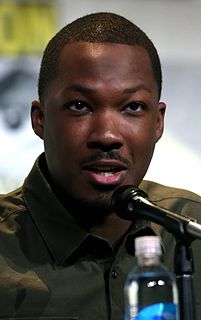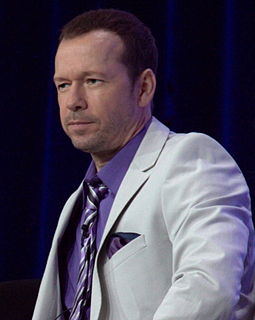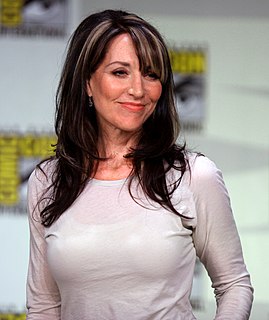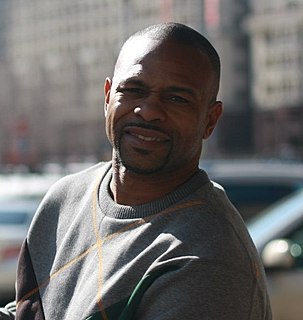A Quote by Ed Helms
When you're playing a fictional character reacting to the real world, it's incredibly difficult and confusing and kind of messes with your values a bit.
Related Quotes
If you're playing a fictional character, you can create a character, you can sort of take certain liberties. And when you're playing a real person who's actually standing there watching you, you know, it's - you do feel a weight. You know, you feel an obligation to not only be - to give the best performance that you can, but to make sure that you represent this person.
I always had a struggle, which I still do, when you're playing a character and it's not necessarily your morals or your values. You're playing a character, but the way the media will sometimes ask you if these are your opinions, you know - they make you responsible for that, and I take issue with it because I don't believe in censorship.
When you're a child, and you're growing up, and you're mimicking a certain character, or you're trying to live and breathe a certain character on set for eight years that are also your formative years, you oftentimes take a lot of who you're playing into your real life and kind of become that thing.


































